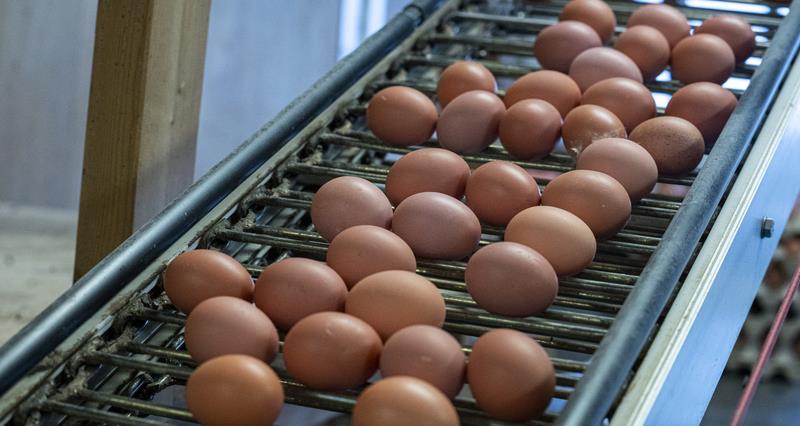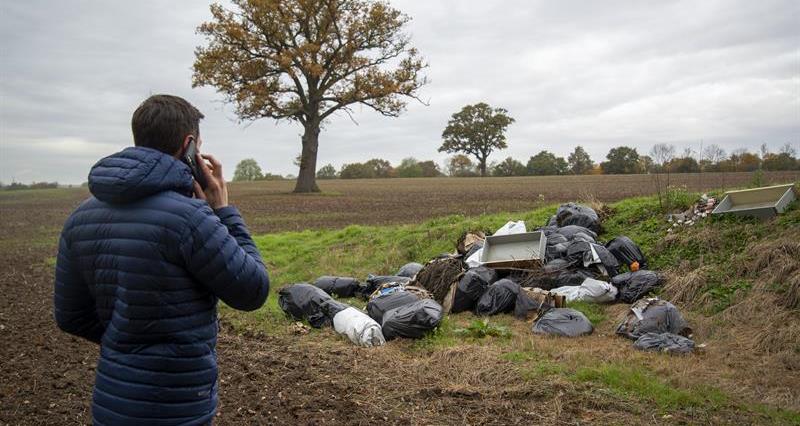Work is well underway to engage with the Labour government to help deliver its missions to boost the nation’s food security, contribute to economic growth and drive environmental benefits.
See how the NFU is making a difference

We lobby and campaign to ensure British farmers and growers have agricultural policies that revitalise farm business confidence and secure our national food security.
Sort





















